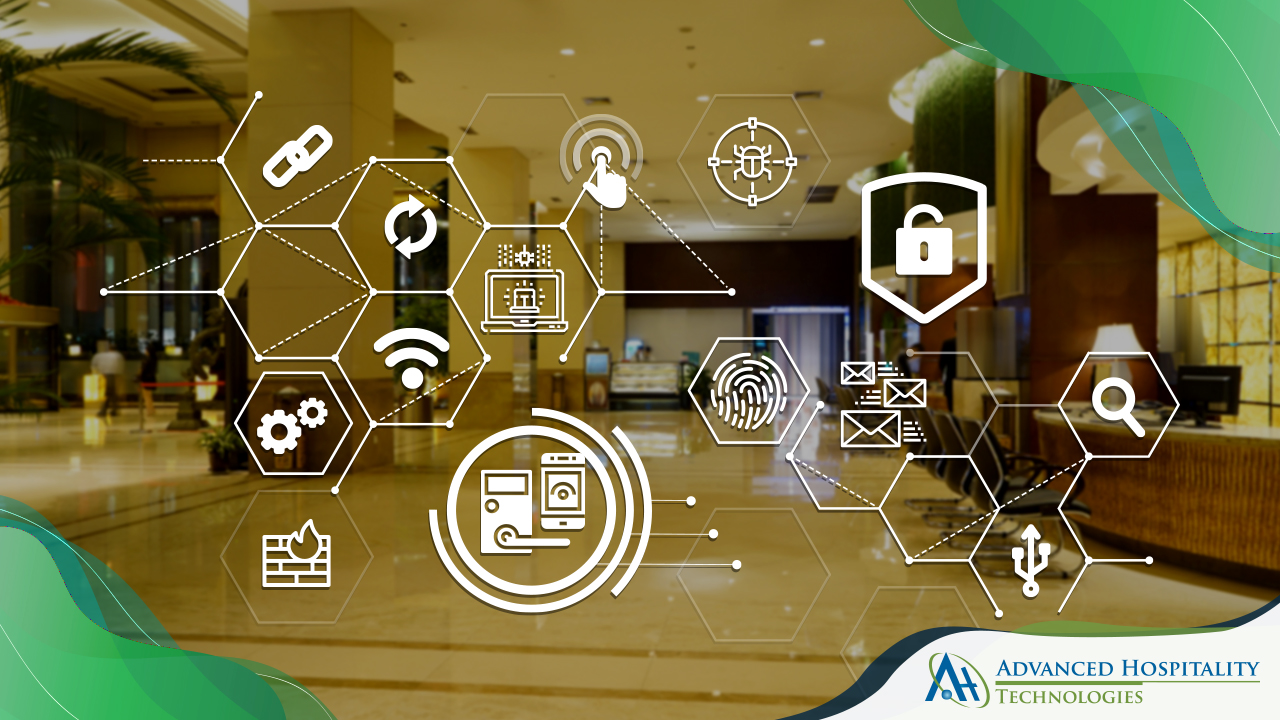Digitization, the process of transforming analog or physical information into a digital format, has become an integral part of the modern hotel industry. In an era where technology permeates every aspect of our lives, the hospitality sector has embraced digitization to streamline operations, enhance guest experiences, and stay competitive in a rapidly evolving market. By understanding the significance of digitization, hotel professionals can make informed decisions, implement effective strategies, and leverage technology to deliver exceptional guest experiences, optimize operations, and drive business growth in an increasingly digital world.
This blog post delves into the various facets of digitization in the hotel industry, exploring its impact on guest experiences, operations, marketing, data analytics, and emerging technologies. We’ll examine the challenges and barriers to digitization, as well as success stories and best practices from industry leaders. Additionally, we’ll glimpse into the future, discussing the potential developments and trends that may shape the digital landscape of the hospitality sector in the years to come.
Guest Experience and Digitization
The hotel industry has embraced digitization to enhance the guest experience and meet the evolving expectations of modern travelers. One of the most significant impacts of digitization has been the ability to personalize the guest experience. By leveraging data analytics and customer profiles, hotels can tailor their services to individual preferences, from room amenities to dining recommendations.
Mobile check-in and check-out solutions have streamlined the arrival and departure processes, reducing wait times and offering guests a seamless and convenient experience. Guests can complete the check-in process remotely, receive their room keys digitally, and even bypass the front desk altogether.
Digital concierge services have also transformed the way guests interact with hotels. Through mobile apps or in-room tablets, guests can easily request services, make reservations, and access information about the hotel’s amenities and local attractions. These digital concierges are available 24/7, providing guests with instant assistance and enhancing their overall experience.
Furthermore, digitization has enabled hotels to offer innovative services, such as mobile room keys, in-room voice assistants, and smart room controls. These technologies not only enhance convenience but also contribute to a more personalized and memorable stay for guests.
Hotel Operations and Digitization
Digitization has revolutionized hotel operations, enabling streamlined processes, increased efficiency, and cost savings. One of the key areas where digitization has made a significant impact is in automating routine tasks and workflows. From check-in and check-out processes to housekeeping management, automation has minimized manual intervention, reducing human errors and enhancing overall operational efficiency.
Furthermore, digitization has transformed inventory management in the hotel industry. Real-time inventory tracking systems provide accurate data on room availability, amenities, and supplies, allowing hotels to optimize resource allocation and minimize wastage. This has not only improved guest satisfaction but also contributed to cost savings and sustainability efforts.
Revenue management has also undergone a digital transformation. Advanced pricing algorithms and demand forecasting tools enable hotels to dynamically adjust room rates based on market conditions, occupancy levels, and customer preferences. This data-driven approach maximizes revenue opportunities and ensures optimal utilization of available inventory.
Moreover, digitization has facilitated the integration of various hotel systems, such as property management systems (PMS), central reservation systems (CRS), and channel managers. This seamless integration enables real-time data exchange, enhancing operational efficiency and providing a comprehensive view of the hotel’s performance across different departments.
Overall, the adoption of digital technologies in hotel operations has streamlined processes, improved resource management, and enhanced decision-making capabilities, ultimately leading to better guest experiences and increased profitability for the hospitality industry.
Cybersecurity and Data Privacy
Digitization in the hotel industry has brought about a heightened need for robust cybersecurity measures and strict adherence to data privacy regulations. Hotels handle vast amounts of sensitive guest information, including personal details, payment information, and travel preferences. A data breach or cyber-attack can have severe consequences, including financial losses, legal repercussions, and irreparable damage to the hotel’s reputation.
One of the primary challenges in ensuring data security is the proliferation of connected devices and systems within the hotel ecosystem. From guest Wi-Fi networks and in-room entertainment systems to property management software and online booking platforms, each touchpoint represents a potential vulnerability. Maintaining secure networks, implementing robust encryption protocols, and regularly updating software and firmware are crucial steps in mitigating cyber risks.
Protecting guest information is not only a matter of ethical responsibility but also a legal obligation. Hotels must comply with various data privacy regulations, such as the General Data Protection Regulation (GDPR) in the European Union and the California Consumer Privacy Act (CCPA) in the United States. Failure to comply with these regulations can result in hefty fines and legal consequences. Implementing comprehensive data governance policies, conducting regular risk assessments, and providing employee training on data handling best practices are essential for maintaining compliance.
Additionally, hotels must exercise caution when partnering with third-party vendors and service providers. Thorough due diligence and robust contractual agreements that outline data security and privacy requirements are necessary to mitigate risks associated with third-party access to sensitive information.
Conclusion
Digitization is revolutionizing the hotel industry, offering numerous benefits such as enhanced guest experiences, streamlined operations, data-driven insights, and increased revenue opportunities. By embracing digital technologies, hotels can stay competitive, meet evolving customer expectations, and drive business growth.
The key to successful digitization lies in a strategic approach that aligns technology with business objectives, prioritizes data security and privacy, and fosters a culture of innovation. Hotels must continuously adapt and invest in emerging technologies to remain relevant and deliver exceptional services.
As the digital landscape continues to evolve, hotels that embrace digitization will be well-positioned to thrive in an increasingly technology-driven world. The future belongs to those who can seamlessly integrate digital solutions into their operations, creating personalized, efficient, and memorable experiences for guests.
In conclusion, digitization is not merely a trend but a necessity for the hotel industry. By leveraging the power of technology, hotels can unlock new opportunities, drive operational excellence, and create lasting connections with their guests, ensuring long-term success in a rapidly changing business environment.




